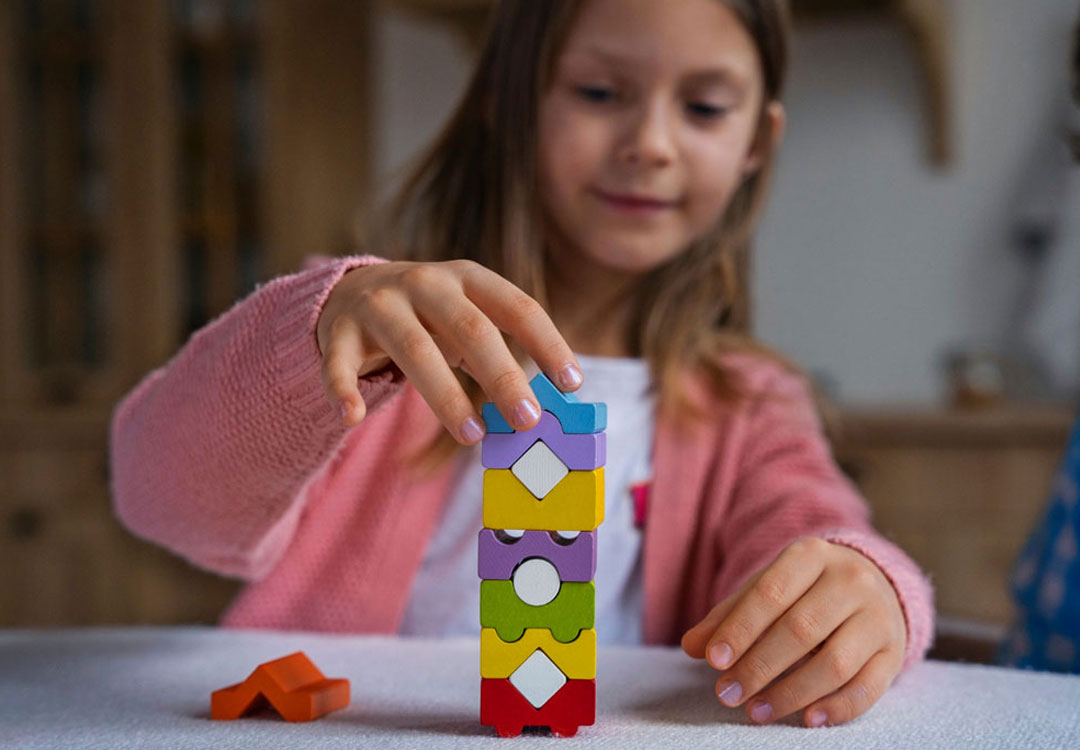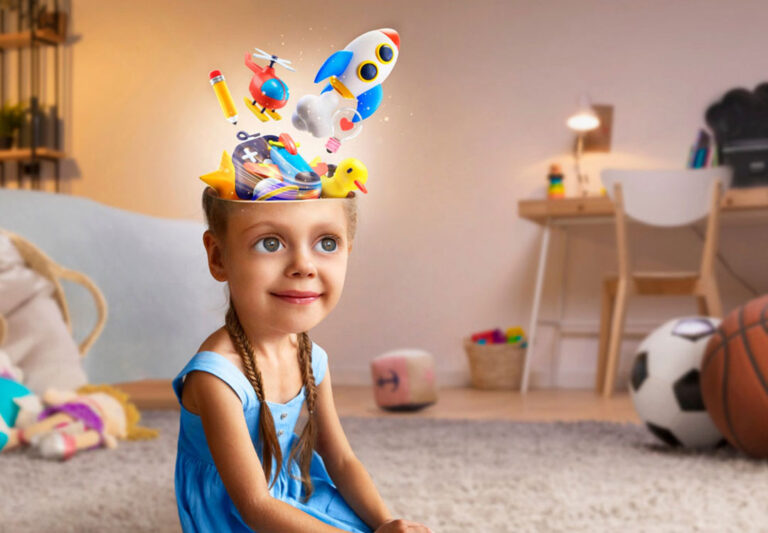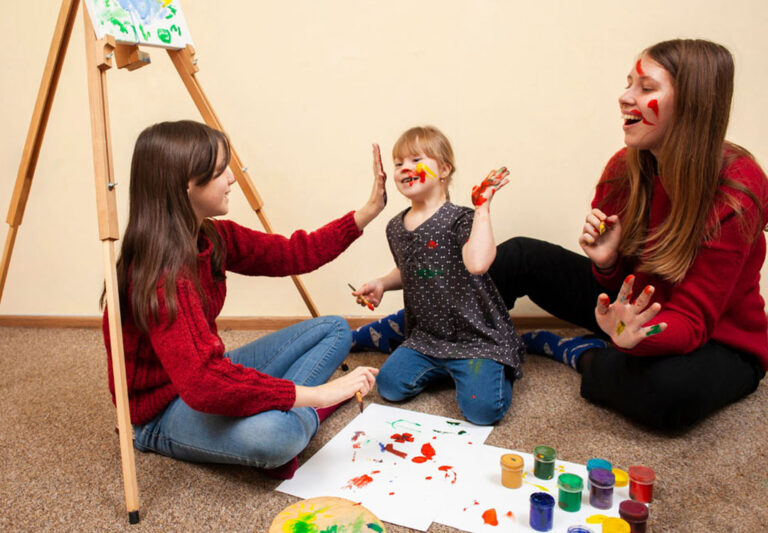Introduction:
Step into the world of make-believe, where dragons roam, astronauts explore distant galaxies, and princesses embark on daring adventures. In this blog, we’ll explore the fascinating connection between imaginative play and the development of real-world skills such as communication, teamwork, and problem-solving. From pirate ships to magical kingdoms, pretend play scenarios offer valuable opportunities for children to learn and grow, preparing them for the challenges and adventures of life beyond the playroom.
Communication Skills:
Imaginative play provides a rich context for children to practice and refine their communication skills. Whether negotiating roles and rules with playmates, describing imaginary scenarios, or engaging in dialogue with fictional characters, children learn to express themselves clearly and effectively through play. For example, when playing “restaurant,” children must communicate their orders to their “waitstaff” and interact with customers, honing their ability to listen, speak, and convey their ideas—a skill that translates seamlessly into real-world situations such as classroom discussions, group projects, and social interactions.
Teamwork and Collaboration:
Pretend play scenarios often require children to collaborate and work together towards a common goal, fostering teamwork and cooperation skills. Whether building a fort with friends, staging a theatrical performance, or embarking on a treasure hunt, children learn to share resources, delegate tasks, and compromise as they navigate imaginary worlds together. Through collaborative play, children develop essential teamwork skills such as leadership, problem-solving, and conflict resolution, laying the groundwork for successful collaborations in academic, professional, and social settings.
Problem-Solving Abilities:
Imaginative play encourages children to think creatively and solve problems independently, enhancing their problem-solving abilities. Whether devising strategies to outsmart imaginary villains, constructing elaborate structures with limited resources, or improvising solutions to unexpected challenges, children learn to think critically and adapt to changing circumstances through play. For example, when playing “superheroes,” children must brainstorm ways to overcome obstacles and save the day, teaching them to approach problems with resilience, resourcefulness, and innovation—a mindset that serves them well in real-life situations such as school projects, extracurricular activities, and personal challenges.
Empathy and Emotional Intelligence:
Imaginative play also promotes the development of empathy and emotional intelligence, as children inhabit the roles of different characters and explore diverse perspectives and emotions. Whether comforting a distressed doll, resolving conflicts between imaginary friends, or portraying characters with varying personalities and backgrounds, children learn to understand and empathize with others’ feelings and experiences. Through role-playing and storytelling, children develop empathy, compassion, and emotional resilience, cultivating a deeper understanding of themselves and the world around them.
Conclusion:
In conclusion, imaginative play is far more than just child’s play—it’s a powerful tool for shaping essential skills and qualities that children need to thrive in the real world. From communication and teamwork to problem-solving and empathy, pretend play scenarios offer valuable opportunities for children to learn and grow, preparing them for the challenges and adventures of life beyond the playroom. So let’s celebrate the magic of imaginative play and embrace its transformative power in shaping the next generation of creative thinkers, problem solvers, and compassionate leaders.





